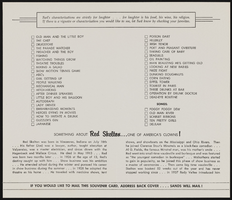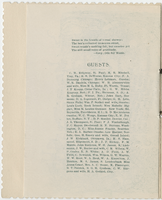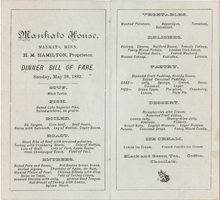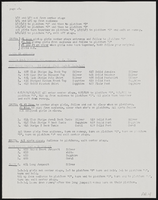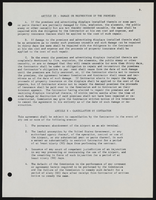Search the Special Collections and Archives Portal
Search Results
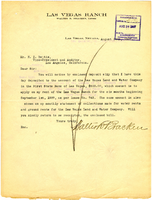
Letter from Walter R. Bracken to H. I. Bettis, August 24, 1907
Date
1907-08-24
Archival Collection
Description
Letter concern Bracken's lease payment on the Las Vegas Ranch.
Text
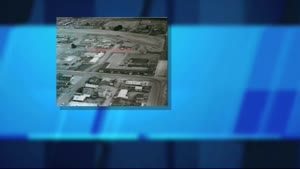
Las Vegas African American Community Conversations, Part 3: Civil Rights and Entertainment: video
Date
2012
Archival Collection
Description
The Las Vegas African American Community Conversations is a four part, one hour round table conversation with local Las Vegans. They share their powerful stories and great history, with topics ranging from “Migration, Civil Rights, Education, Church, Entertainment and the Early Legal Community”. Part Three: A conversation about ” Civil Rights and Entertainment” MODERATOR- Claytee D. White (Director-Oral History Research Center) PANELISTS- Lonnie G Wright (College Professor/Business Owner) LaVerne C. Ligon (Director- Simba Talent Development Center Inc.) Walter Mason (Director-IRA Aldridge Theater) Leonard Pock Jr. (Retired Stagehand) B.J. Thomas (Retired Stagehand)
Moving Image
Pagination
Refine my results
Content Type
Creator or Contributor
Subject
Archival Collection
Digital Project
Resource Type
Year
Material Type
Place
Language
Records Classification

